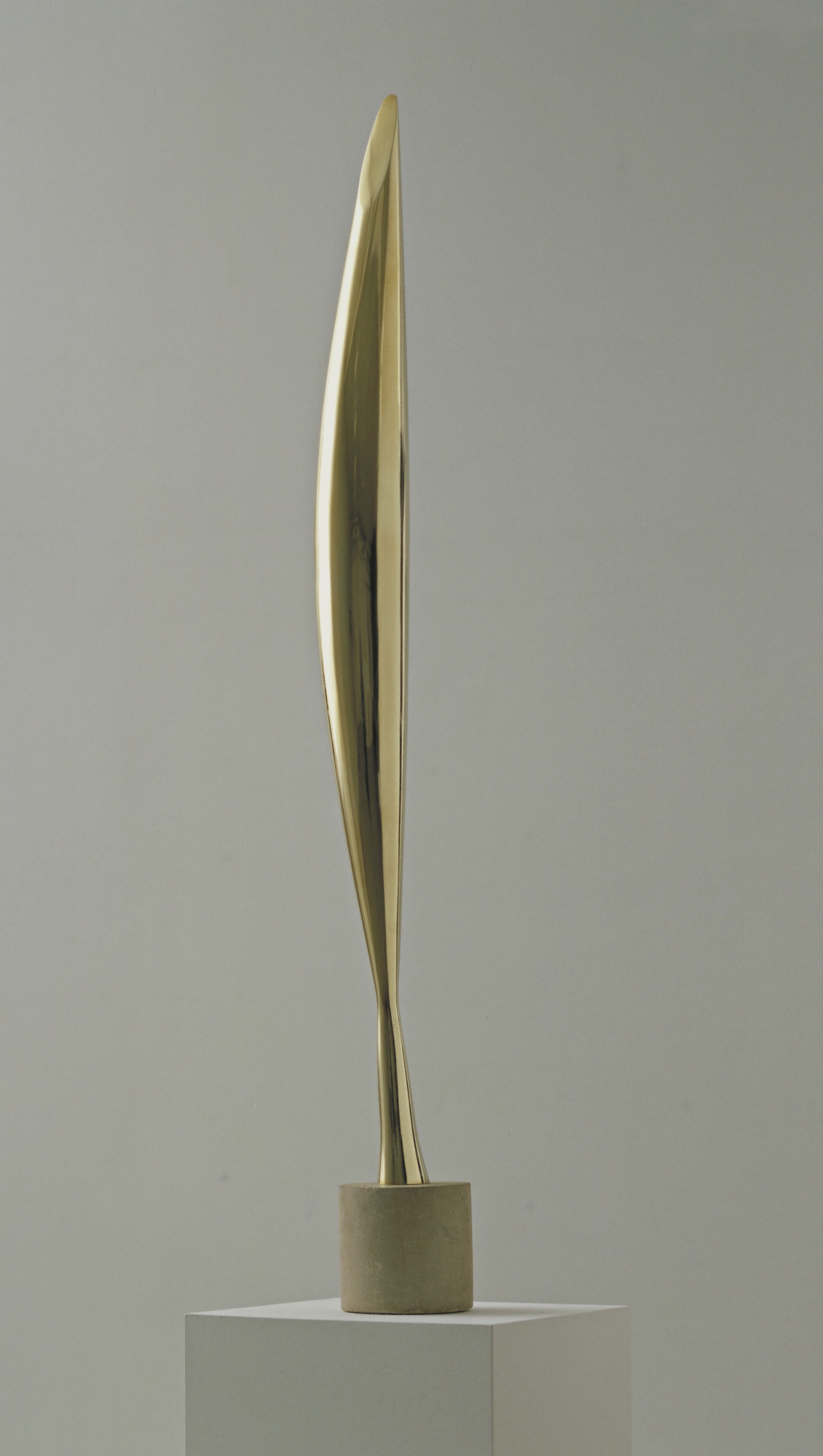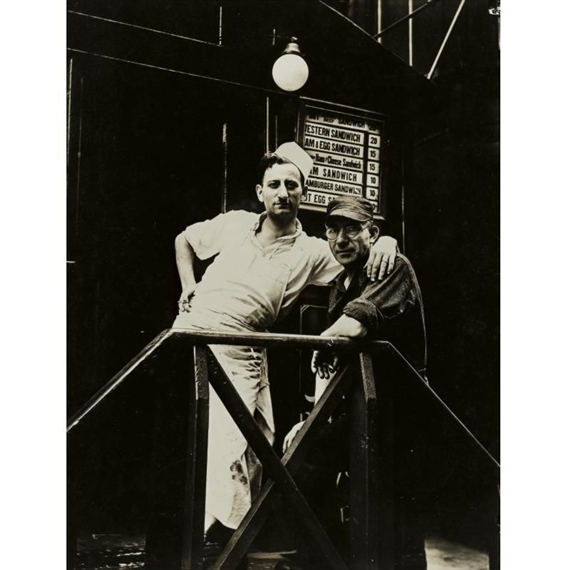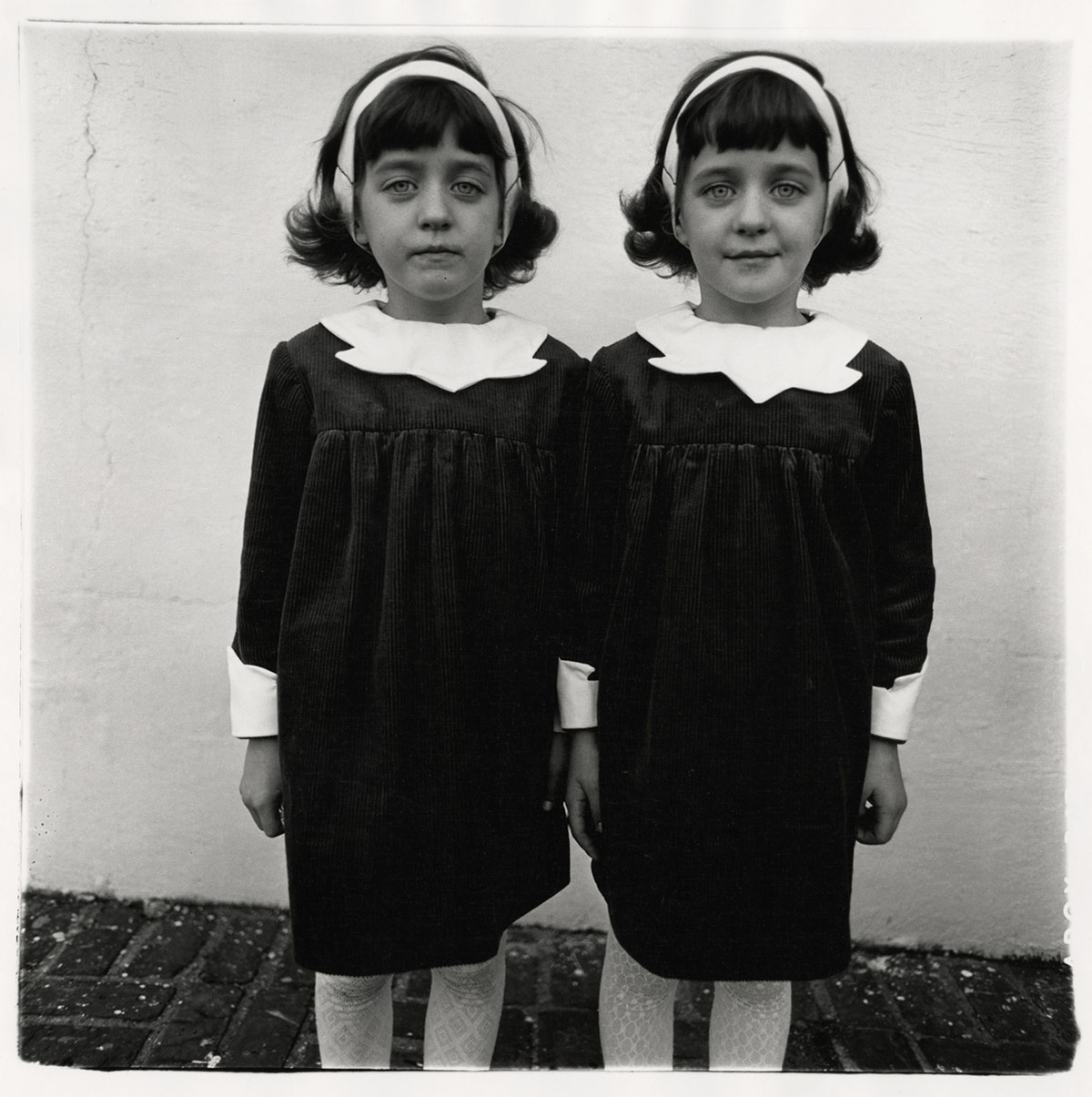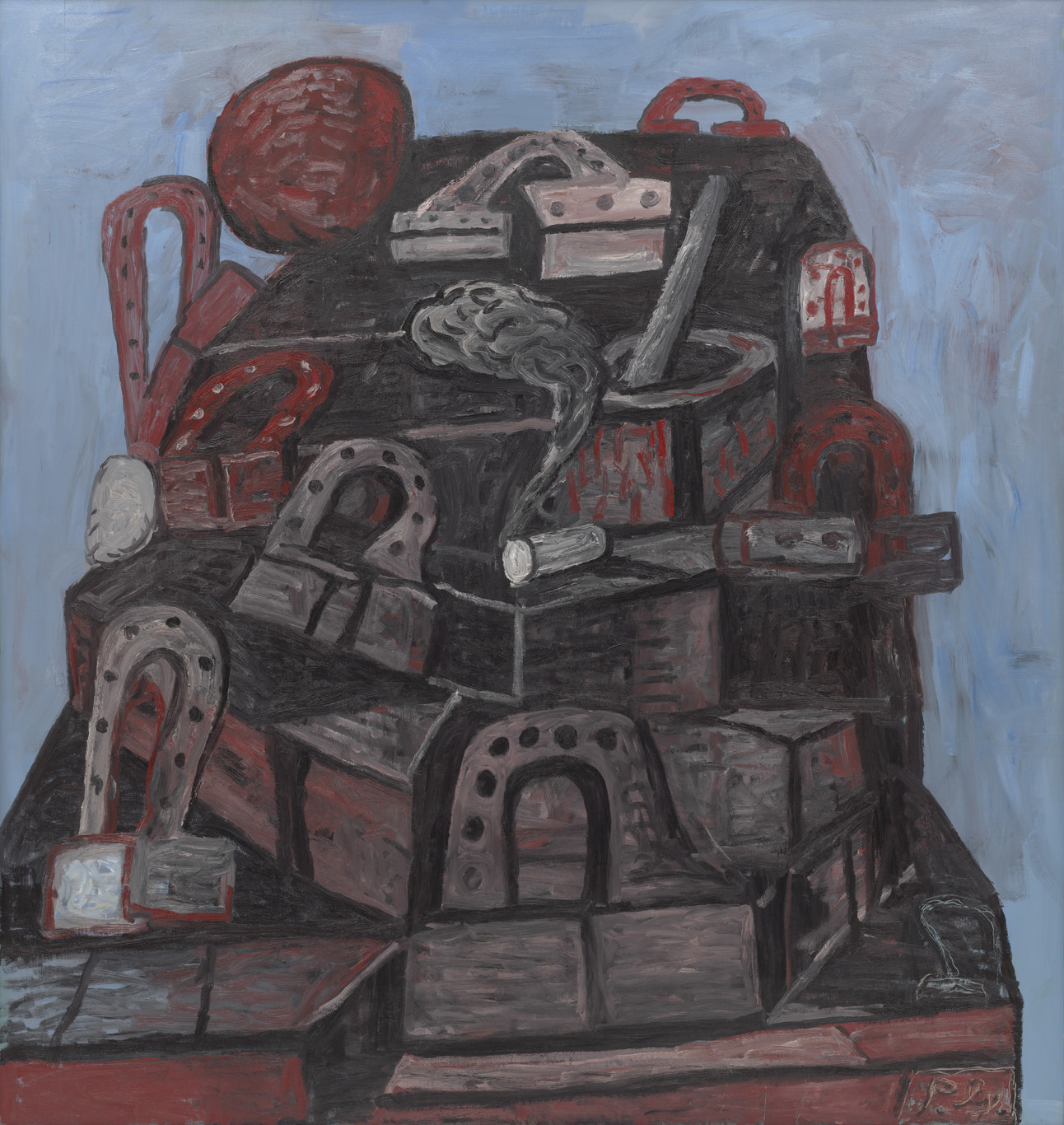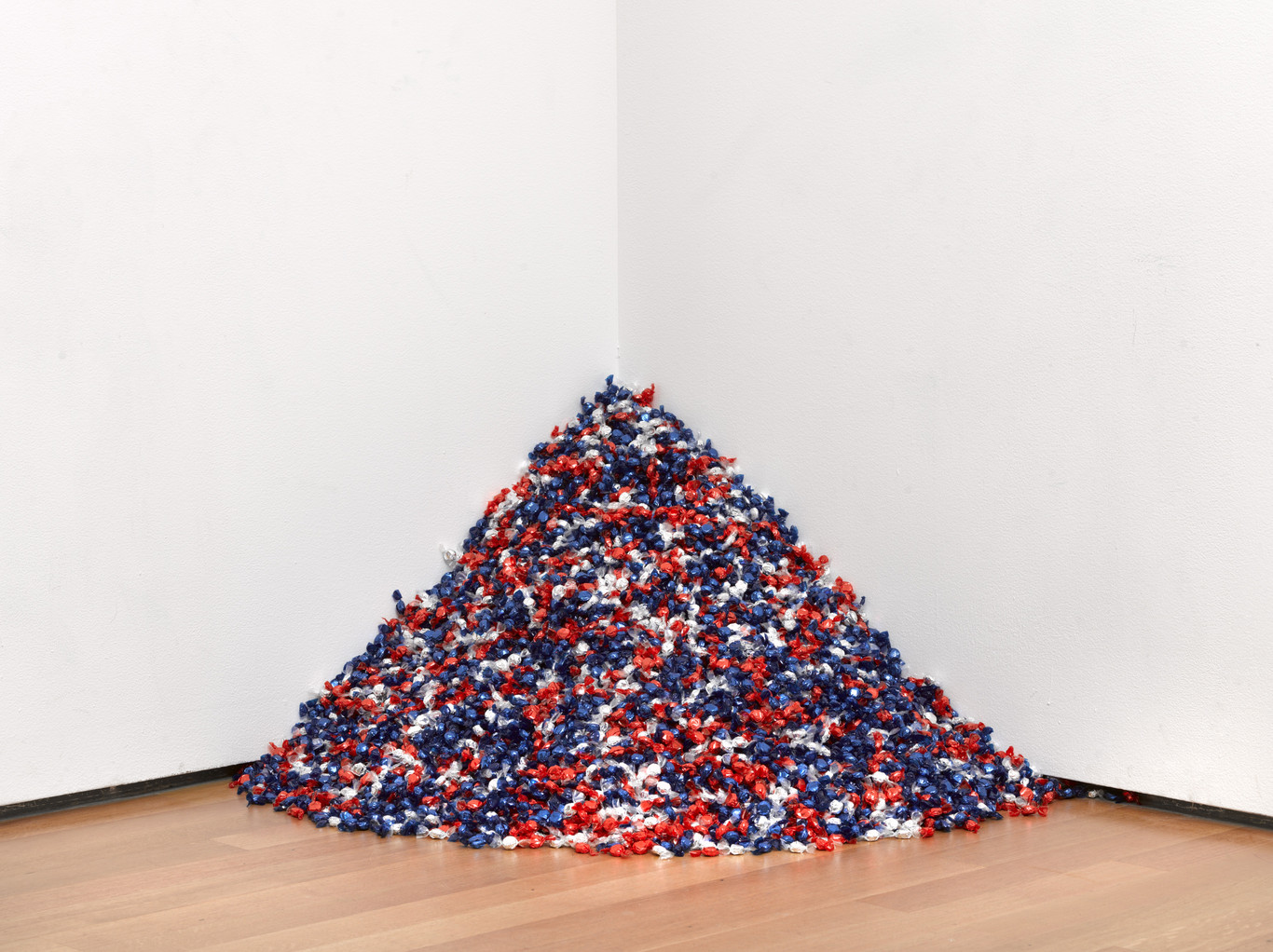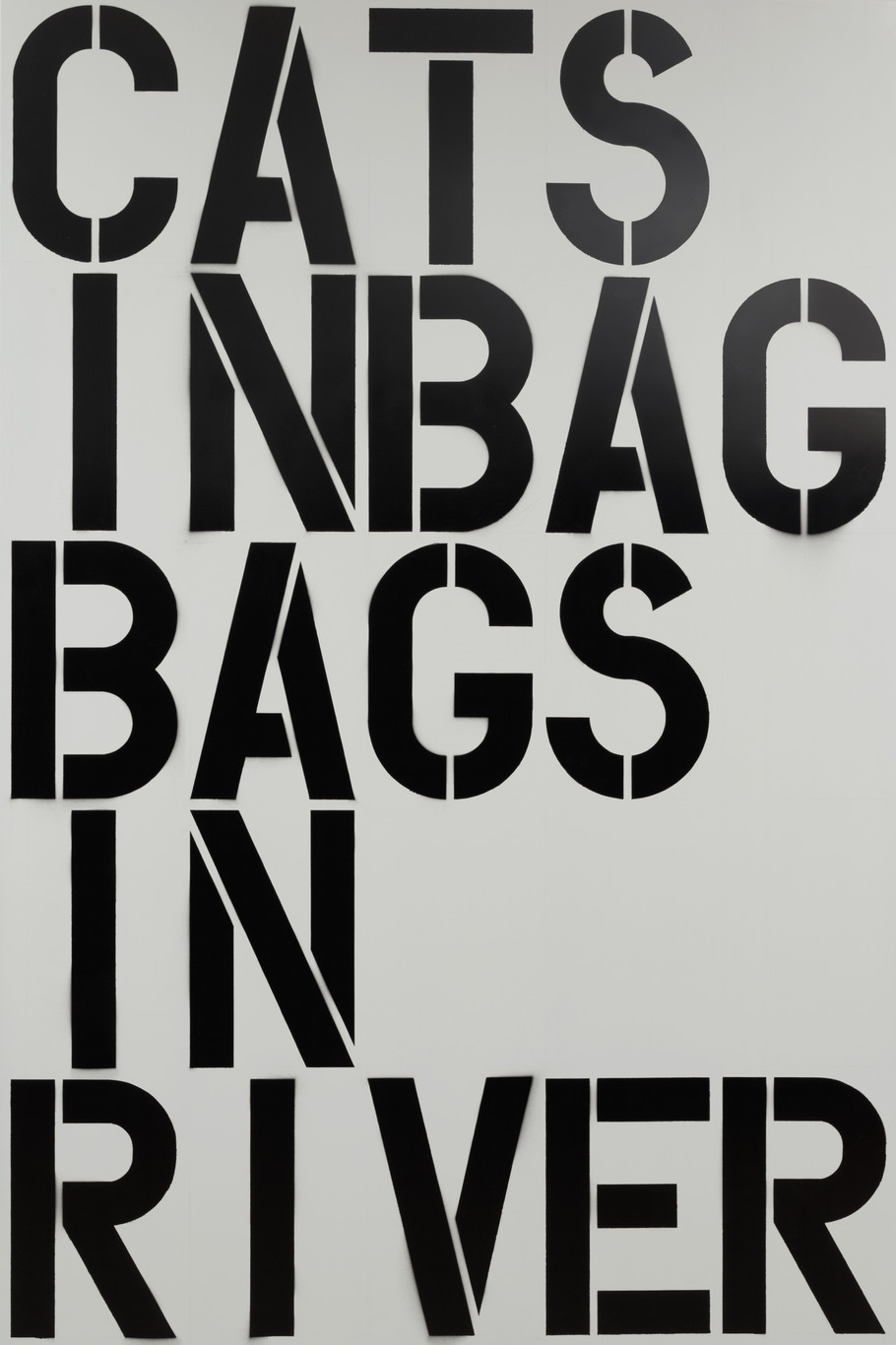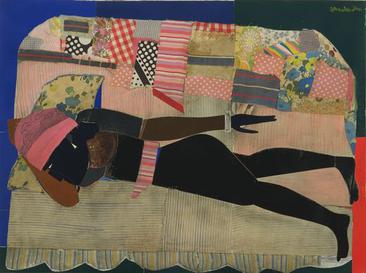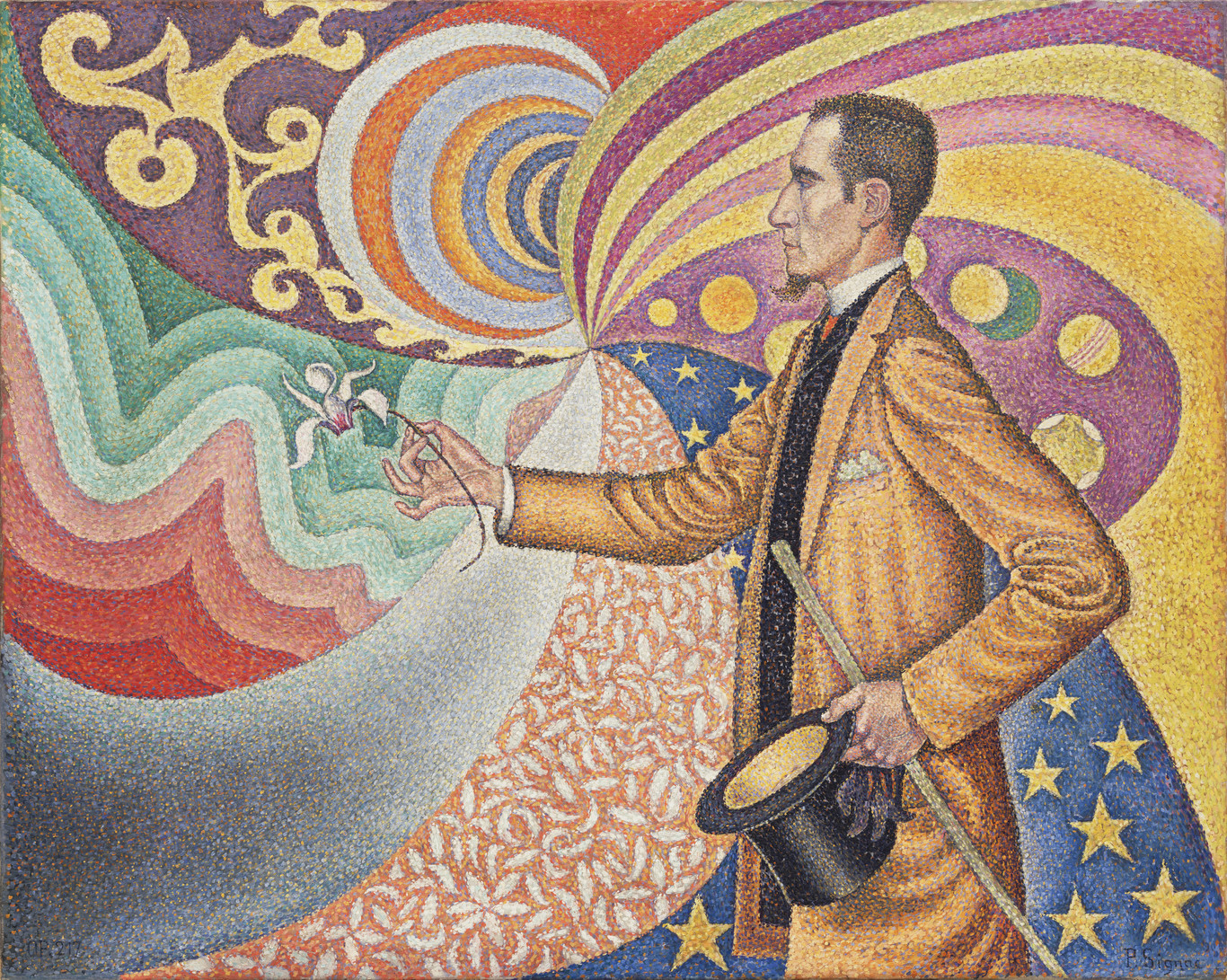Fondation Louis Vuitton
October 11, 2017, through March 5, 2018
The Museum of Modern Art (MoMA) and Fondation Louis Vuitton announce the first comprehensive exhibition in France to present MoMA’s unparalleled collection: Etre moderne: Le MoMA à Paris, on view at Fondation Louis Vuitton from October 11, 2017, through March 5, 2018.
An integrated, cross-disciplinary selection of 200 works, drawn from all six of the Museum’s curatorial departments and reflecting the history of the institution and its collecting, will fill the entirety of the Fondation’s Frank Gehry–designed building. Curated jointly by the two institutions, the display brings together paintings, sculptures, drawings, prints, photographs, films, media works, performances, and architecture and design objects, tracing the evolution and multifaceted scope of MoMA’s collection. The exhibition was conceived in relation to the architecture and interior spaces of the Fondation Louis Vuitton building, allowing a compelling historical narrative across its four floors.
Etre moderne features masterworks by artists including Max Beckmann, Alexander Calder, Paul Cézanne, Marcel Duchamp, Walker Evans, Jasper Johns, Ernst Ludwig Kirchner, Gustav Klimt, Yayoi Kusama, René Magritte, Pablo Picasso, Ludwig Mies van der Rohe, Yvonne Rainer, Frank Stella, and Paul Signac. A selection of rarely shown documentary material from MoMA’s Archives will be incorporated in the galleries, tracing the history of the Museum and contextualizing the works.
Etre moderne represents the wide range of artworks that
MoMA has acquired over the decades, ranging from the early defining movements of the modern
art period to Abstract Expressionism, Minimalism, Pop art and digital works of art.
The exhibition opens with MoMA’s first decade, including such iconic works as
Edward Hopper’s House by the Railroad (acquired in 1930),
Paul Cézanne's The Bather (acquired in 1934),
Constantin Brancusi’s Bird in Space (acquired in 1934),
as well as Walker Evans’s Posed Portraits, New York (acquired in 1938),
Walt Disney’s Steamboat Willie (acquired in 1936),
and utilitarian, machine-made objects, such as an outboard propeller, a flush valve, and a self-aligning ball bearing (acquired in 1934).
It continues to the postwar period, including works from
Jackson Pollock (Echo: Number 25)
and Willem de Kooning (Woman, I).
The next section is dedicated to Minimalism and Pop art. Emerging as two major new art forms in the 1960s, these movements are seen through a dialogue between painting, architecture, sculpture, and photography. The exhibition then turns to other works from 1960 onwards, including pieces from movements such as Fluxus and the so-called Pictures Generation, as well as an introspective look at the history of America through work by artists such as Romare Bearden, Jeff Wall, and Cady Noland.
The final section, located on the top floor of the building, focuses on contemporary works from around the world, most of which were acquired by MoMA in the last two years. These include

Kerry James Marshall's large painting Untitled (Club Scene) (acquired in 2015),

Lele Saveri’s The Newsstand (community-oriented installation, originally presented at a subway stop in Brooklyn, New York; acquired in 2016),

and the original set of 176 emoji designed by Shigetaka Kurita (acquired in 2016).
Works being shown in France for the first time include
Brancusi’s Bird in Space,
Diane Arbus’s Identical Twins, Roselle, New Jersey (1967),
Andy Warhol’s Campbell’s Soup Cans (1962),
Philip Guston’s Tomb (1978),
Felix Gonzalez-Torres’s (Untitled) “USA Today” (1990),
Carl Andre’s 144 Lead Square (1969),
Christopher Wool’s Untitled (1990),
Barbara Kruger’s Untitled (You Invest in the Divinity of the Masterpiece) (1982),
and Romare Bearden’s Patchwork Quilt (1970).
The exhibition opens with MoMA’s first decade, including such iconic works as
Edward Hopper’s House by the Railroad (acquired in 1930),
Paul Cézanne's The Bather (acquired in 1934),
Constantin Brancusi’s Bird in Space (acquired in 1934),
as well as Walker Evans’s Posed Portraits, New York (acquired in 1938),
Walt Disney’s Steamboat Willie (acquired in 1936),
and utilitarian, machine-made objects, such as an outboard propeller, a flush valve, and a self-aligning ball bearing (acquired in 1934).
It continues to the postwar period, including works from
Jackson Pollock (Echo: Number 25)
and Willem de Kooning (Woman, I).
The next section is dedicated to Minimalism and Pop art. Emerging as two major new art forms in the 1960s, these movements are seen through a dialogue between painting, architecture, sculpture, and photography. The exhibition then turns to other works from 1960 onwards, including pieces from movements such as Fluxus and the so-called Pictures Generation, as well as an introspective look at the history of America through work by artists such as Romare Bearden, Jeff Wall, and Cady Noland.
The final section, located on the top floor of the building, focuses on contemporary works from around the world, most of which were acquired by MoMA in the last two years. These include

Kerry James Marshall's large painting Untitled (Club Scene) (acquired in 2015),

Lele Saveri’s The Newsstand (community-oriented installation, originally presented at a subway stop in Brooklyn, New York; acquired in 2016),

and the original set of 176 emoji designed by Shigetaka Kurita (acquired in 2016).
Works being shown in France for the first time include
Brancusi’s Bird in Space,
Diane Arbus’s Identical Twins, Roselle, New Jersey (1967),
Andy Warhol’s Campbell’s Soup Cans (1962),
Philip Guston’s Tomb (1978),
Felix Gonzalez-Torres’s (Untitled) “USA Today” (1990),
Carl Andre’s 144 Lead Square (1969),
Christopher Wool’s Untitled (1990),
Barbara Kruger’s Untitled (You Invest in the Divinity of the Masterpiece) (1982),
and Romare Bearden’s Patchwork Quilt (1970).
Cindy Sherman (American, born 1954). Untitled Film Still #21. 1978. Gelatin silver print, 7 1/2 x 9 1/2″ (19.1 x 24.1 cm). The Museum of Modern Art, New York. Horace W. Goldsmith Fund through Robert B. Menschel, 1995 © 2017 Cindy Sherman
Ellsworth Kelly (American, 1923–2015). Colors for a Large Wall. 1951. Oil on canvas, sixty‑four panels, 7′ 10 1/2″ x 7′ 10 1/2″ (240 x 240 cm). The Museum of Modern Art, New York. Gift of the artist, 1969. © 2017 Ellsworth Kelly
Paul Signac (French, 1863–1935). Opus 217. Against the Enamel of a Background Rhythmic with Beats and Angles, Tones, and Tints, Portrait of M. Félix Fénéon in 1890. 1890. The Museum of Modern Art, New York. Fractional gift of Mr. and Mrs. David Rockefeller. © 2017 Artists Rights Society (ARS), New York / ADAGP, Paris


